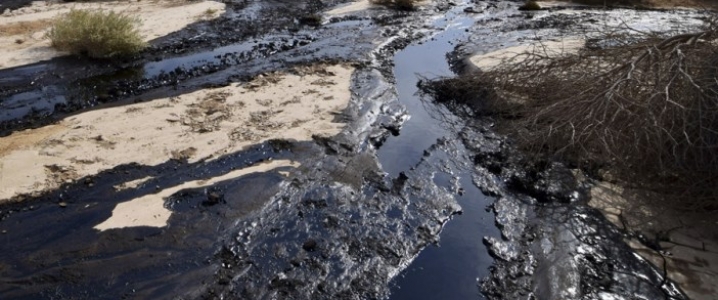Petrocaribe was a mechanism created in 2004 under the sponsorship of former Venezuelan President Hugo Chavez, allegedly to promote energy cooperation and integration between Venezuela and a number of states in the Caribbean region. The aim of this strategy was to simultaneously satisfy these nations’ energy needs while gaining influence in Washington’s backyard.
Henceforth, in a rather disorganised way, Venezuela’s PDVSA, bolstered by high oil prices, started to purchase assets and stakes in facilities through joint ventures (JV’s) in most Caribbean and Central American nations. PDVSA was most interested in refineries (such were the cases of Cuba, Jamaica and the Dominican Republic, becoming a 49 percent partner), participations in the construction of storage tank farms (such were the cases of Saint Vincent and the Grenadines, St. Kitts and Nevis), or participating in the distribution of gasoline or domestic gas (i.e through partnerships in El Salvador or Dominica).
Venezuela supplied the Petrocaribe member states with daily shipments of oil and products (around 300 kbpd involving all the country members) offering payment facilities and discounts, with the ultimate goal of displacing U.S. and European oil companies throughout the region while promoting the socialist ideology in the zone.

Source: www.goleancaribbean.com
$100+ oil prices allowed petrostates such as Russia and Venezuela to promote and enhance the phenomenon of resource nationalism, which is utilizing energy and natural resources to exert influence over neighboring states and maximize national interests. An operationally and financially better performing PDVSA was a prerequisite for the successful execution of this plan. Now in 2018, this is not the case anymore and Petrocaribe is facing what could be its demise. Related: Oil Markets Tremble On Iran, Israel Flare-Up
Since Nicolas Maduro came to power after the death of the former leader of the Bolivarian Revolution and main inspiration of Petrocaribe as a geopolitical tool, Hugo Chavez, this mechanism has been losing steam. The deteriorating situation of PDVSA which is facing a decaying oil production (currently around 1.4 MMBD), refining issues and a mountain of debt has led to several export constraints. PDVSA has thus far prioritized exports to key partners such as Russia, China and India and is now gradually losing market share in the Caribbean, unable to sustain its diverse JV’s with Petrocaribe states. It is now even running the risk of losing its decades old facilities leased or under full ownership such as the ISLA refinery in Curaçao or the BOPEC tank farm and terminal in Bonaire which is crucial for exports to China.
All of this is happening while it is watching a growing and resilient oil and natural gas producer and exporter, the United States, stealthily repositioning itself as a player in the Caribbean. And now that the energy mix of the island states is shifting from oil to natural gas and other renewables such as geothermal, wind and solar, Petrocaribe’s oil-based model is coming under pressure.
In a general context, and seen from a geopolitical point of view, the gradual decay of Petrocaribe as an ideological tool, like many other failed geopolitical dreams by former left wing leaders in South America, reflects a shift in geopolitics, which has become especially visible in the oil and gas sector. Acute mismanagement, rampant corruption and hyper populism have done great harm to Venezuela’s oil industry. Despite having the largest non-conventional oil reserves in the world, Venezuela, at the least in the medium term, will become a less relevant oil producer as it sees itself being overtaken by neighbors such as Guyana and Colombia.
Ironically enough, the void in the Caribbean is unlikely to be filled by the U.S., as Russia and China have gotten substantial concessions in Venezuela and are now looking to expand their influence in this area.
By Jose Chalhoub for Oilprice.com
More Top Reads From Oilprice.com:
- Did Trump Just Kill The OPEC Deal?
- The Real Reason Trump Killed The Iran Deal
- Who Was Buying Iranian Oil And What Happens Next?


















